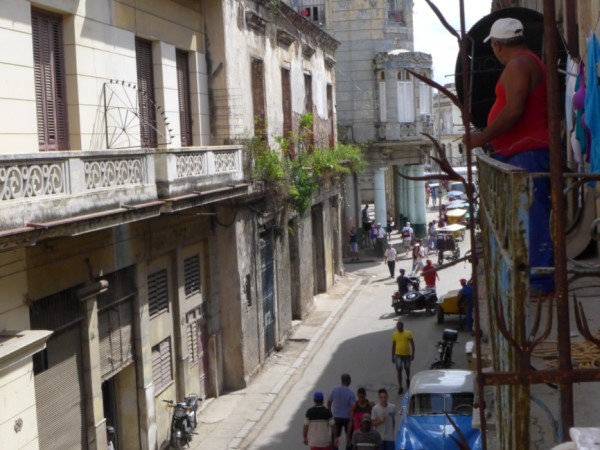I have been interested in community organising for some time, and am currently part of an organisation trying to do it. When you try to do it, you find it is hard, or at least, we find that. But has it always been this hard?
I’ve been reading some historical accounts of community organising in the US, ranging from Alinsky’s Back Of The Yards organisation, to more radical post-SDS attempts to radicalise working class youth. One of the most interesting accounts has been Hillbilly Nationalists, Urban Race Rebels, and Black Power: Community Organizing in Radical Times, which I recommend as a snapshot of radical community organising in the late sixties and seventies.
I’ve started to notice something rather uncomfortable about the community organising of the past however. Uncomfortable, that is, if you are trying to use the techniques in London in the 2020s. When US organisers have talked about community organising, they have mostly referred to pre-existing communities. As with organising in a workplace, this is often about identitying the organic leaders and trying to get them on board to rally those they influence. The template was often the civil rights movement, which was mobilised to a large extent through the existing community network of black churches.
But what happens when there are no community leaders, because there is no community to speak of? A few years ago I led a grassroots consultation exercise to try to counter Lewisham Council’s claim that they had consulted adequately on their semi-privatisation of their land to build non-social housing on. One of the questions we asked was what local institutions people belonged to. Almost everyone said ‘none’. Honestly I had expected more positive response among black residents – South London allegedly contains the largest concentration of African churches outside of Africa, and the Caribbean diaspora often seems to be well churched too. But in our sample most people, across all ethnicities, simply said they had no connection to any local institution. The best figure I can find is that 17% of Black British people go to church regularly. The rate is three times higher than white people, but that’s still 83% who don’t. Mosques can also form the centre of a community, though I don’t happen to live in a part of London where muslims are a big percentage of the population.
Perhaps this lack of institutions doesn’t mean no community at all. Extended family networks often form a kind of mini community for many migrant or migrant-descended groups. The same is true of many – though not all – white working class families. But that’s a rather limited sort of community, in both size and type. Meanwhile among the more young, mobile white, university-educated population of London, there’s certainly little community to speak of. This can change a little when people settle down and have kids. They start getting to know other parents through schools, which become the linking institutions. But how strong are such communities? You’re most likely to get to know other parents if you volunteer to help out with things at school, and only some people are able to do that. And once the child leaves school, do the links last? Perhaps sometimes in the form of friendship, but not, I suspect, continued community.
Then there are middle class lobby groups, such as local parks friends groups, or the community that exists around the middle class enclave of Telegraph Hill in New Cross/Brockley. But I’ve encountered these groups a few times and invariably they are kept going by a handful of stalwarts. The number of people involved over all is tiny compared to the local population. Most people simply don’t take part.
There may be a few other types of community I’m missing here, but still, when I read the accounts of community organising in the past in the US, they are accounts that include streetlife, where local community leaders seem to be hanging around on street corners chatting to everyone who passes. Or they are accounts of churches being highly dominant local institutions through which local powerbrokers can be reached. Sound familiar? No, me neither.
My strong suspicion is that in London forty years of neo-liberalism, plus I think even longer of the centralised welfare state breaking down local bonds, plus a very non-religious population, has resulted in an urban society with very little in the way of community to speak of. If that is the case, it then raises the question, how does community organising change if there is no community to organise? The answer, I think, is that you have to create the community yourself. It is not organising of communites we need to do, it is organising into communities. Which is a great thing to do, but it makes the applicability of many previous community organising models (with the exception of Acorn, the biggest attempt to organise individuals in the US) somewhat questionable. And perhaps it explains why community organising in London is hard. Making a new community is much more difficult than working through an existing community.
As for Acorn, a book on the history of that organisation is next on the reading the list.
